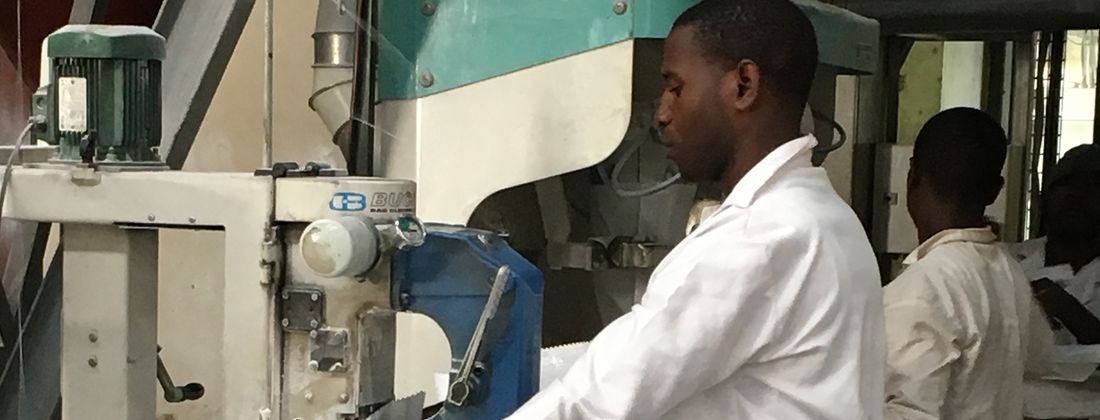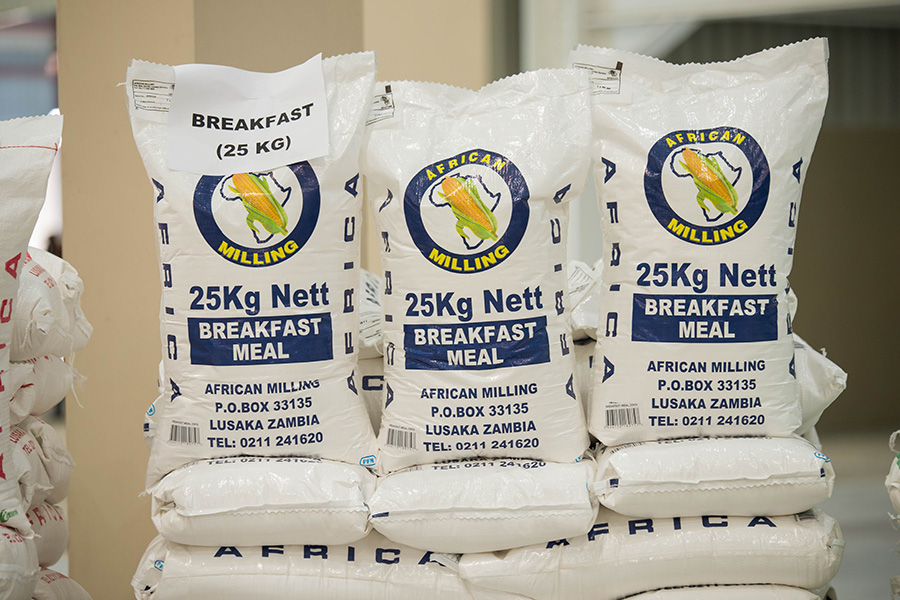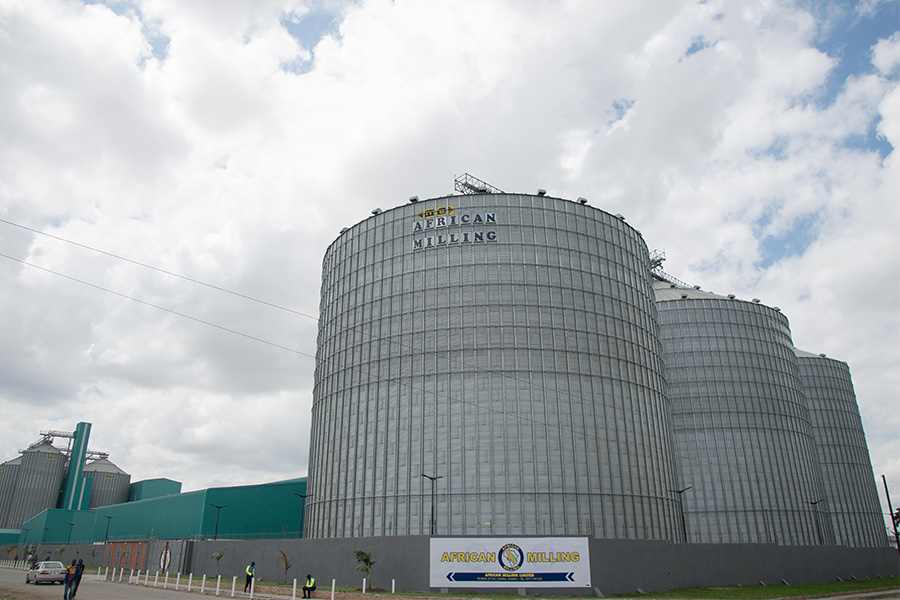
Country: Zambia
Type of investment: Direct Investment Company
Purpose: Working capital financing for local production
Financial close: August 2018
Tenor: 1.5 years
Type of Investment: Collateral Based Financing, Working Capital
S&E Category: B
In August 2018, AATIF concluded an USD 11m debt facility for African Milling Limited (“AML”) in Zambia. The facility included a working capital component of USD 1m and a collateral management facility (“CMA” facility) of USD 10m to provide utmost flexibility when purchasing maize and wheat for its milling operations during the season. Maize and wheat production is still one of the main production sectors for smallholder farmers and further the crops remain to be the basic staple foods for rural and urban households in Zambia.
AATIF financing will help grow local processing capacity and hence provide a growing and stable off-take market for smallholder farmers, a notable developmental impact as AML purchases maize largely from smallholder farmers in Zambia. To date the maize sector, and how millers buy from smallholder farmers, is still very informal across the country. Going forward AATIF seeks to partner with AML to explore how the linkage to smallholder farmers can be formalized and improved. Ideally the relationship is not a pure buying relationship, but further provides knowledge sharing and access to inputs for farmers.
Beyond the outreach in the local value chain of maize and wheat, the structure of the facility that AATIF has introduced, has further proven to crowd in additional financiers – both international investors as well as local financial institutions. Since the beginning of its relationship with AML, AATIF has worked in very close partnership with a local bank and over time has enabled the bank to build sufficient confidence in the CMA structure so that the local bank is now joining the facility with its own funds. In view of AATIF, crowding in other financiers, especially local banks, for such new financing structures is critical to sustainably enhance access to finance in the food and agri sector.
Technical Assistance Project Highlight
Market analysis for milled maize product differentiation
Challenge: In 2019, AML commissioned a new maize mill and maize silos which doubled capacity and now require a diversified product range that will allow them to best utilize their increased capacity.
TA Intervention: Financing of a market study to allow for informed maize flour product differentiation by AML management and to propose viable new marketing strategies products that will enable AML to increase their product range and make use of their new maize mill all year round.
Result: AML will be able to make informed and fact-based decisions on their marketing strategy to efficiently utilize AML’s increased milling capacity.


Photo credits: African Milling Company

Local processing
504
MT Daily processing capacity for maize
120
MT Daily processing capacity for wheat

OUTREACH TO AGRICULTURAL PRODUCERS
22,000
AML buys its maize from over 22,000 maize farmers in Zambia

Number of employees
2
Female employees
244
Male employees
AML has a total workforce of 246 employees, comprised of 244 male employees (99%) and 2 female employees (1%).

TECHNICAL ASSISTANCE FACILITY
The TA Facility has supported AML through the implementation of three TA projects in total since 2020, this includes one rapid appraisal study to assess the impact of the AATIF investment. The results are concluded in the IMPACT Brief.
TA Facility Projects
2020
Market analysis for milled maize product differentiation
2020
Rapid appraisal study of the AATIF investment in AML
2020
Refining a strategy for sourcing from smallholder maize farmers
-
(225.8 KiB)
- Figures are based on latest available self-reported data by investees and data collected by AATIF’s collaboration partners
- Figures are subject to change as and when additional information becomes available
- Figures reported here are not replacing rapid appraisals / impact evaluations that are done in addition

